Post-traumatic stress disorder (PTSD) affects millions of Americans every single day. Conventional treatments like talk therapy and prescription medications can offer some help, but many people may want additional care to support their health conditions. Alternative therapies for PTSD can augment the benefits of conventional treatments and can also be effective for other conditions regarding mental and physical health.
Effective PTSD Treatment Therapies – Do Alternative Therapies Work?
Alternative therapies are nothing new – they’ve been around for decades. In some cases, they can replace traditional therapies; in others, they can supplement their benefits. Holistic wellness is excellent for combatting symptoms of a wide range of conditions, including chronic pain, anxiety, depression, inflammation, stress and most notably, PTSD, from an all-natural and non-invasive perspective.
Many different types of holistic therapies are central to targeting mind and body wellness. Not all will work for everyone, and it can come down to trying them out before deciding which one is the most therapeutic. Some types include breathwork, meditation, aromatherapy, sound therapy, acupuncture, and massage therapy.
Understanding PTSD
According to recent research, about 1 in 13 Americans struggle with PTSD. It is the direct result of experiencing traumatic events and is not limited to military veterans, who are at an increased risk of developing the condition. 60% of men and 50% of women will experience at least one trauma during their lives, ranging from physical assault and witnessing death to sexual assault and child abuse. Of those, 8% of women and 4% of men develop PTSD.
For veterans, specifically, PTSD is often a result of combat. According to the U.S. Department of Veterans Affairs, the number of veterans with PTSD is based on their years of service:
- Operations Iraqi Freedom (OIF) and Enduring Freedom (OEF): Nearly 11-20 out of every 100 Veterans have PTSD in a given year.
- Gulf War (Desert Storm): About 12 out of every 100 Gulf War Veterans have PTSD yearly.
- Vietnam War: About 15 out of every 100 Vietnam Veterans were diagnosed with PTSD. Nearly 30 out of every 100 Vietnam Veterans have had PTSD.
The impact of PTSD can be broad. For some, it can include debilitating experiences that leave them unable to interact with the world in response to external stimuli, such as veterans exposed to fireworks during holiday celebrations. For others, it’s a constant state of anxiety and heightened awareness as they struggle to perceive threats around them.
The symptoms of PTSD vary from person to person. They can include reliving unwanted, distressing memories, avoiding thinking or even talking about the event, negative thoughts and memory problems, and even suicidal ideation in severe cases. Veterans and active-duty military may experience intense responses to external stimuli, including flashbacks, anxiety and protective behavior. The symptoms may cause them to feel detached, withdrawn or emotionally numb.
For those struggling with PTSD, it is important to seek treatment. Effective PTSD treatment can be valuable tools to help improve quality of life and augment the benefits of conventional therapies.
Varying Types of Holistic Therapies for Treating PTSD
Effective PTSD Treatment: Massage Therapy
Massage therapy is well-established for helping treat an extensive range of conditions, from sports therapy to muscular dystrophy and everything in between. It’s also a therapy as old as humankind, with recorded uses ranging from traditional Chinese medicine to the Roman Empire. Within this treatment modality, a trained, licensed massage therapist provides physical stimulation to the body’s muscle, fascia, and skin tissues, which reduces pain and discomfort.
However, evidence also points to the fact that massage therapy can be instrumental in stress relief, alleviating depression and anxiety, and improving mood. Studies have found that by integrating massage therapy into conventional PTSD treatment, patients benefit from reduced tension, irritability, anxiety, physical pain, and depression.
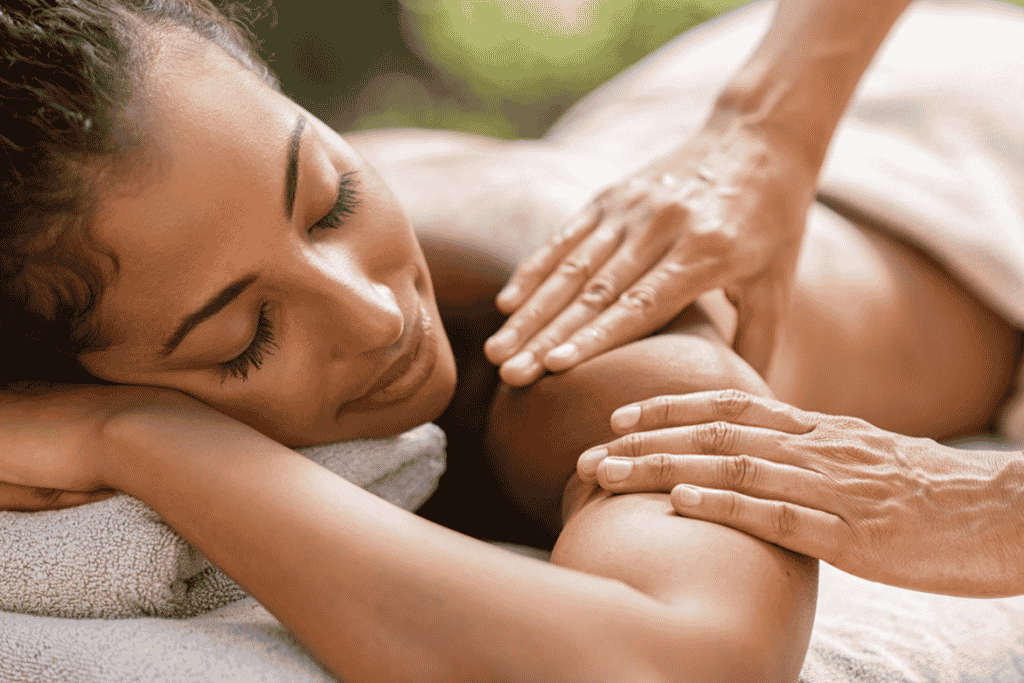
Effective PTSD Treatment: Yoga
Yoga was developed in India hundreds of years ago and has spread throughout Asia. It has also made inroads in the West. There are several types, ranging from Hatha to vinyasa, kundalini, and more.
In most practices, yoga focuses on releasing tension and stress, building flexibility, and enhancing muscular strength and endurance by moving through various poses. Most people will benefit from regularly practicing yoga, but for PTSD patients, it may be particularly important and can provide therapeutic tendencies.
A study conducted in 2014 found that yoga could reduce “physiological arousal in PTSD patients and is believed to affect the pathology of PTSD by improving somatic regulation and body awareness, which are imperative to emotion regulation.”

Effective PTSD Treatment: Acupuncture
Acupuncture is a form of traditional Chinese medicine practiced for thousands of years. It involves placing needles of varying diameters and sizes in the skin across the body according to a map of “energy zones.”
Its popularity has significantly grown in the United States over the past few decades. It is now recognized for its ability to deliver significant health benefits, including easing pain, contributing to solutions for sleep and insomnia, and enhancing an overall sense of well-being.
As one of the more promising alternative health therapies for PTSD, acupuncture has been shown to affect the autonomic nervous system and limbic brain structures, helping patients combat symptoms of the condition.

Effective PTSD Treatment: Flotation Therapy
Flotation therapy was developed in the 1950s, although the first commercially available float pod did not debut until 1972. Dr. John C. Lilly is credited with developing flotation therapy and perfecting the design of the initial float pods. Float therapy can be used by anyone but is particularly suitable for those experiencing stress, anxiety, depression, and other symptoms, making it ideal for those with PTSD.
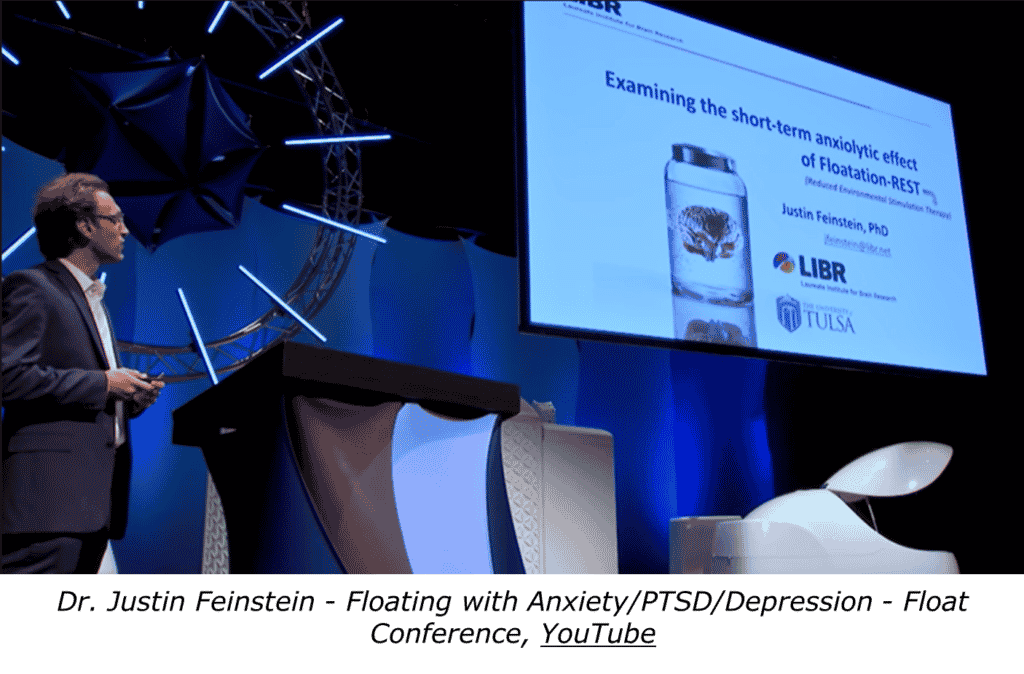
Research conducted by Justin Feinstein, Ph.D., an expert in neuropsychology and the former Director of the Float Clinic and Research Center at the Laureate Institute for Brain Research in Tulsa, Oklahoma, studied the relationship between cardiorespiratory sensations, the primary driver of interoceptive fear, and flotation therapy. In his 2018 study, Examining the Short-term Anxiolytic and Antidepressant Effect of Floatation-REST, nearly all fifty participants experienced reduced symptoms post-float.
The report stated, “This study found that a single one-hour session of Floatation-REST was capable of inducing a strong reduction in state anxiety and a substantial improvement in mood in a group of 50 anxious and depressed participants spanning a range of different anxiety and stress-related disorders (including PTSD, Generalized Anxiety Disorder, Panic Disorder, Agoraphobia, and Social Anxiety Disorder).”

Effective PTSD Treatment Can Complement Each Other
Ultimately, patients with PTSD are not limited to conventional treatments to aid symptoms of PTSD and other health conditions. Holistic therapies are great supplements to utilize daily or incorporate into a routine to help manage total body health.
Alternative therapies like floatation therapy, massage therapy, acupuncture, and yoga can be used together or interchangeably, offering relief from even the most persistent symptoms. Trying several options, even unique ones like float therapy, allows individuals to find what works best for their physical and mental health. There is no one-size-fits-all solution, and this method will enable one to customize treatments to everyone’s specific and unique needs.
True REST Gives Back to Yellow Ribbon Fund Veterans
Because veterans experience PTSD at a much higher rate than civilians and because PTSD is prevalent and, in some cases, a life-long condition, True REST Float Spa gifted Yellow Ribbon Fund veterans with free float therapy sessions in honor of National PTSD Awareness Month and PTSD Awareness Day on June 27. Yellow Ribbon Fund is a national veteran service organization for wounded, ill and injured post-9/11 service members, caregivers and families.
Veterans sometimes face more traumatic events during their military service than civilians, which means many find it challenging to relax or sleep. Some startle easily or are prone to anxiety, irritability and depression. Due to their service, nearly 36% of post-9/11 veterans have PTSD or other invisible wounds.
Because float therapy is validated by science and a convenient method of addressing PTSD and its symptoms, veterans from Yellow Ribbon Fund will be able to utilize flotation-REST and experience its incredible benefits.
Studies have found that float therapy also helps individuals or veterans with:
- Chronic pain
- Inflammation
- Muscle tension
- Stress reduction
- Creativity
- Cardiovascular support
- Visualization and focus
For veterans and active-duty military members who would also like to try float therapy but may not be a part of the Yellow Ribbon Fund, True REST Float Spa is deeply committed to supporting the military. The holistic brand offers free float sessions on the 11th day of each month, designated as U.S. Military Appreciation Day.
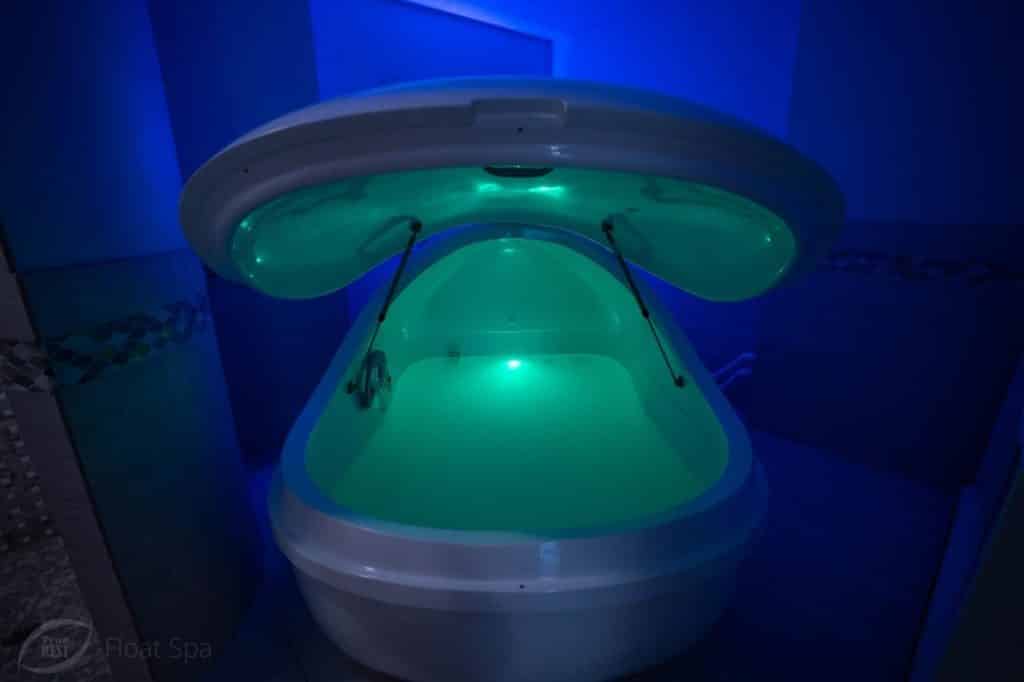
Try Float Therapy with True REST Float Spa
As the world’s largest float therapy brand, True REST Float Spa is committed to offering the science of feeling great to individuals looking for alternative support or resources for total body wellness. To experience float therapy, learn more about the practice at truerest.com/float-therapy/#float. Or find out more info from a float consultant at any of the 41 True REST Float Spa locations nationwide—be sure to book an appointment to get started on an incredible wellness journey.
The post True REST Gives Back to Veterans with Effective PTSD Treatment appeared first on True REST Float Spa.
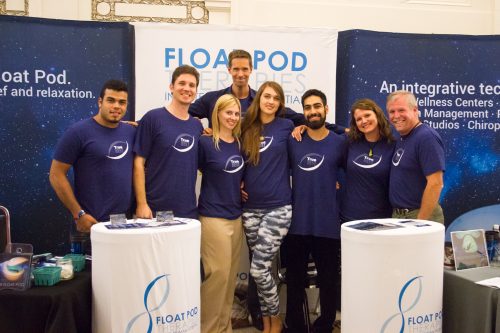



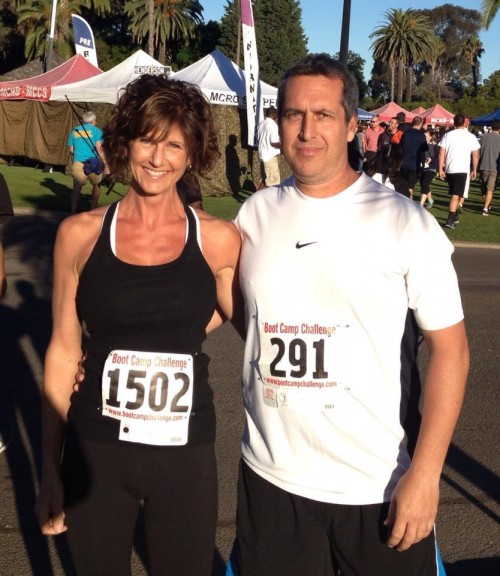
Leave a Reply
You must be logged in to post a comment.